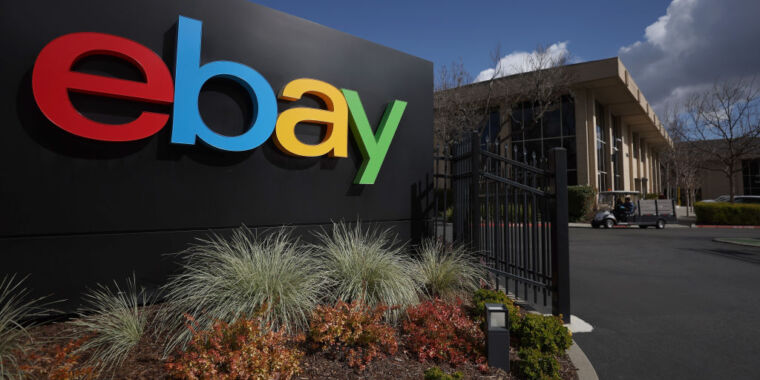Judge Rules: Section 230 Shields eBay from Liability for Banned Chemicals
A landmark ruling impacts online marketplaces and the sale of restricted goods.
The internet erupted last week following a federal judge's decision shielding eBay from liability for the sale of banned chemicals on its platform. This ruling, heavily reliant on Section 230 of the Communications Decency Act, has ignited a fiery debate about the balance between online free speech and consumer safety. The implications extend far beyond eBay, affecting other online marketplaces and the broader e-commerce landscape.
Understanding the Case: Doe v. eBay
The case, Doe v. eBay, involved plaintiffs who alleged serious health consequences resulting from exposure to chemicals purchased on eBay, despite the platform's stated policies prohibiting the sale of such items. The judge, however, ruled that Section 230 protects eBay from liability for third-party content, meaning the actions of individual sellers on the platform. This means eBay isn't legally responsible for monitoring and removing every prohibited item.
Key Takeaways from the Ruling:
- Section 230's Broad Protection: The judge's decision underscores the expansive interpretation of Section 230, highlighting its role in shielding online platforms from liability for user-generated content. This protection extends even when platforms have policies in place to prohibit certain types of content.
- Challenges for Regulating Online Marketplaces: The ruling raises serious questions about the effectiveness of regulating the sale of dangerous or restricted goods online. It suggests that holding platforms accountable for the actions of their users might be more challenging than previously thought.
- Impact on Consumer Safety: The decision raises concerns about consumer safety, as it potentially allows the continued sale of harmful products on online marketplaces, even with existing policies prohibiting them.
- Future Litigation and Legislative Changes: This ruling is likely to fuel further litigation and discussions regarding Section 230 reform. Expect to see increased pressure on lawmakers to re-evaluate the scope of Section 230 and its implications for consumer protection.
Section 230: A Double-Edged Sword
Section 230 has long been a controversial topic, lauded by free speech advocates for protecting online platforms from censorship, but criticized by others for potentially shielding them from accountability for harmful content. This ruling exemplifies the complexities of Section 230, showcasing its potential to both protect free speech and inadvertently limit consumer protection.
The Debate Continues:
The debate surrounding Section 230 is far from over. This ruling will undoubtedly fuel discussions about:
- Balancing Free Speech and Consumer Safety: Finding the right balance between protecting free expression online and ensuring the safety of consumers remains a major challenge.
- The Role of Online Marketplaces: The responsibility of online marketplaces in policing their platforms and ensuring the sale of only legal and safe products continues to be debated.
- Potential for Legislative Reform: The pressure to reform or amend Section 230 will likely intensify following this significant ruling.
What This Means for You:
As a consumer, this ruling highlights the importance of exercising caution when purchasing products online. Always verify the seller's legitimacy and carefully research the products before making a purchase. For businesses operating online marketplaces, this decision underscores the need to have clear and robust policies in place, though it doesn't guarantee immunity from all liability.
Further Reading:
This ruling in Doe v. eBay represents a pivotal moment in the ongoing conversation surrounding online liability and Section 230. Its long-term implications remain to be seen, but one thing is certain: the debate about the future of online marketplaces and consumer safety is far from over.
